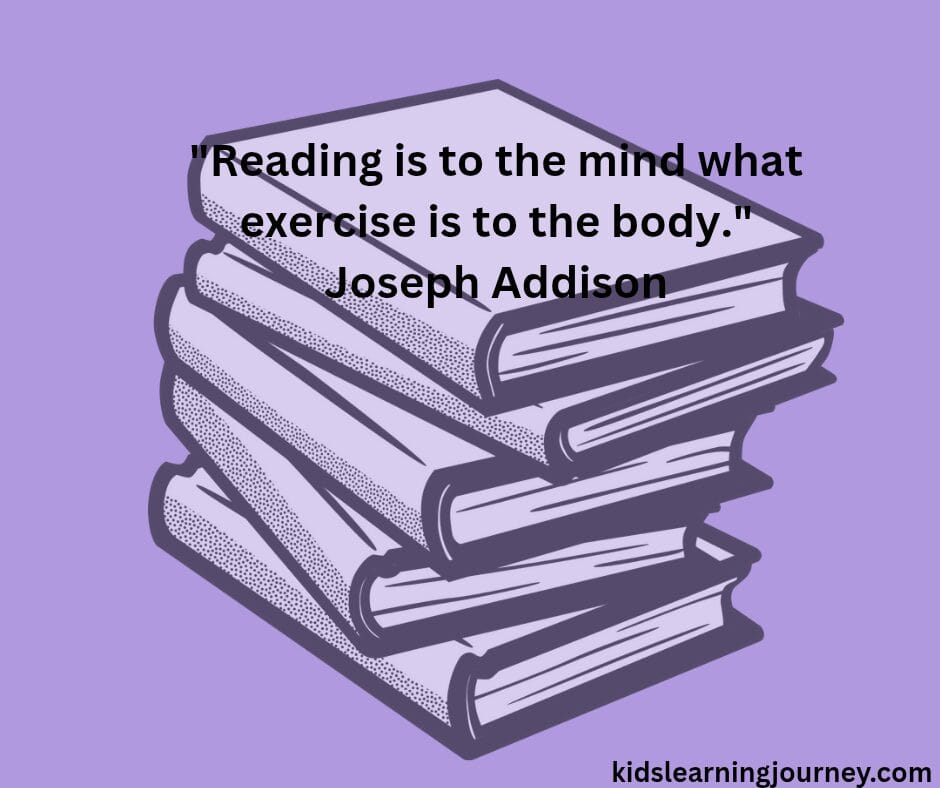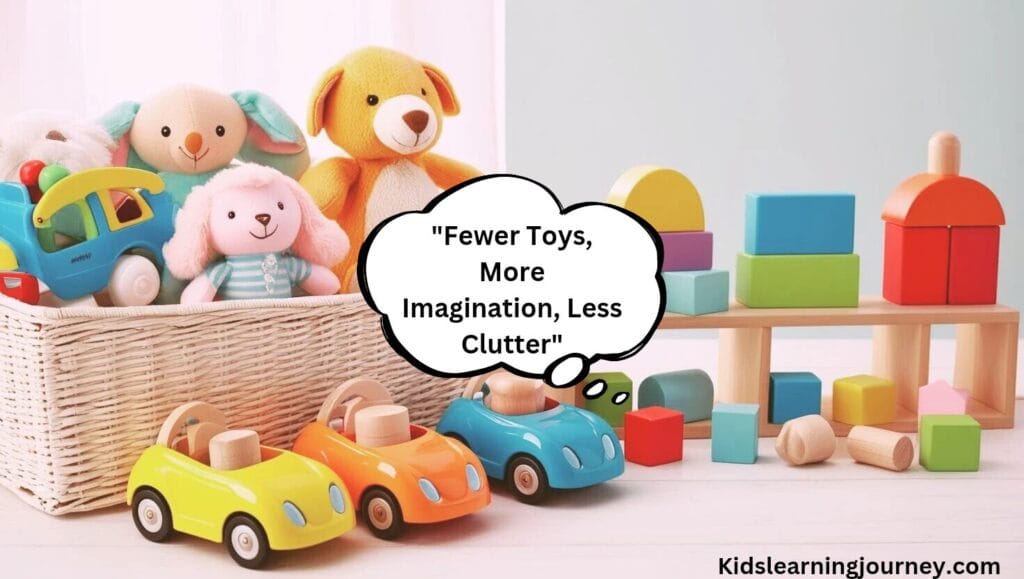Research shows that imaginative play fosters cognitive, emotional, and social development in early childhood.
Early childhood is a time of rapid growth and learning. One of the most powerful tools for nurturing this development is role play. Whether pretending to be a doctor, shopkeeper, or superhero, young children use imagination to explore the world around them. But role play isn’t just fun—it’s an essential part of healthy development.
What is Role Play?
Role play is a form of pretend play where children take on different roles and act out scenarios. It can be child-led or guided by adults, and it often includes using costumes, props, and themed play areas to simulate real-life or fantasy situations.
How Roleplay Can Help Your Child in Development
Studies highlight several developmental benefits of role play:
1: Cognitive Development: Role play strengthens memory, language, and problem-solving skills. According to research published in the Journal of Child Psychology and Psychiatry, pretend play contributes to theory of mind—understanding others’ thoughts and feelings.
2: Emotional Growth: Children express and process emotions through pretend scenarios. This helps them understand empathy and develop emotional intelligence.
3: Social Skills: When children play together, they negotiate roles, take turns, and practice communication, laying the foundation for strong interpersonal skills.
4: Physical Development: Dressing up, building props, or moving around during play can improve motor skills and coordination.
Ideas for Role Play
Here are some creative and easy-to-set-up ideas:
1: Home Corner: Set up a mini kitchen or household space with toy utensils and pretend food.
2: Doctor’s Clinic: Use toy medical kits and teddy bears as patients.
3: Supermarket Setup: Include a toy till, play money, and labeled groceries.
4: Costume Box: Fill it with hats, capes, scarves, and other fun accessories for open-ended play.
5: Story-Based Play: Use favorite storybooks as inspiration for themed pretend sessions.
Conclusion
Role play is more than just a way to pass the time—it’s a vital activity that supports your child’s all-round development.
Encouraging imaginative scenarios helps children grow intellectually, emotionally, and socially.
With a few simple props and plenty of encouragement, your child can learn, grow, and thrive through the magic of pretend play.


